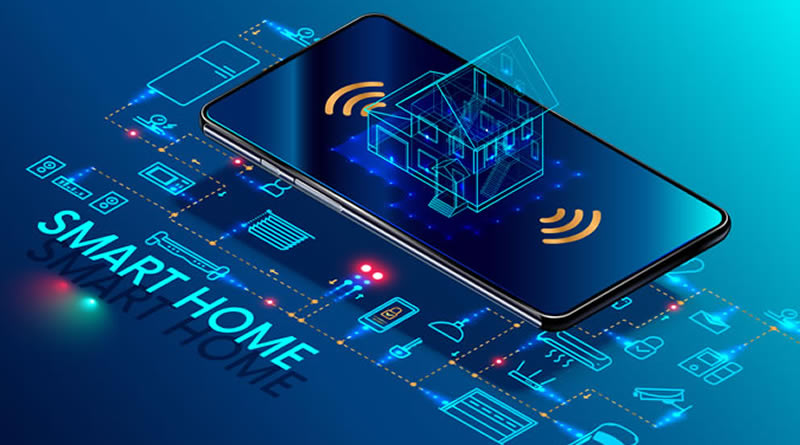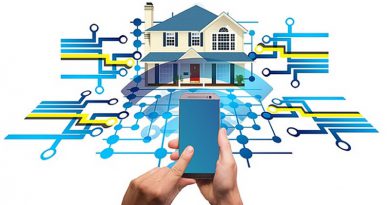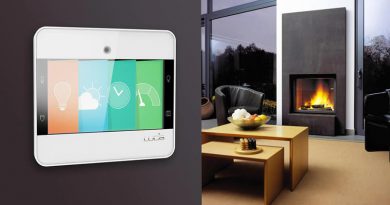The Future of Smart Home Technologies: Advancements and Widespread Adoption
Smart home technologies have come a long way in recent years, transforming the way we interact with our living spaces. As technology continues to advance at a rapid pace, the future of smart homes holds even greater potential. In this article, we will explore the exciting possibilities of how smart home technologies can evolve and become more widespread in the coming years.
Integration of Artificial Intelligence
One of the key areas where smart home technologies can develop further is the integration of artificial intelligence (AI). AI-powered assistants, such as Amazon Alexa and Google Assistant, have already made their way into many homes, providing voice control and smart functionality. In the future, we can expect AI to become even more sophisticated, allowing for seamless interaction with smart devices and intuitive understanding of user preferences.
Imagine a smart home system that anticipates your needs and adapts to your routines without explicit commands. With advanced AI algorithms, your home could learn your preferences, adjust lighting and climate control settings, and even suggest personalized recommendations based on your habits and preferences. This level of intelligent automation can truly enhance the convenience and comfort of daily life.
Enhanced Connectivity and IoT Integration
The future of smart home technologies also lies in enhanced connectivity and the integration of the Internet of Things (IoT). As more devices and appliances become IoT-enabled, the possibilities for creating a seamlessly connected home ecosystem grow exponentially. From smart refrigerators that automatically order groceries to intelligent home security systems that communicate with door locks and cameras, the IoT integration can revolutionize the way we interact with our homes.
In the coming years, we can expect to see increased interoperability among different smart devices, allowing for more seamless integration and control. This means that you can manage and monitor your entire home ecosystem from a single interface, whether it’s through a smartphone app or a centralized control panel. The ability to control and manage various aspects of your home with ease and efficiency will undoubtedly drive the widespread adoption of smart home technologies.
Energy Efficiency and Sustainability
Another significant aspect that will shape the future of smart home technologies is the focus on energy efficiency and sustainability. As environmental concerns continue to grow, smart homes will play a crucial role in reducing energy consumption and promoting sustainable practices. Advanced energy management systems can optimize energy usage based on real-time data, weather conditions, and user behavior patterns.
For instance, smart home systems can automatically adjust heating and cooling settings to conserve energy when no one is at home or optimize solar panel usage based on weather forecasts. Integration with renewable energy sources and smart grid technologies can further enhance energy efficiency and enable homeowners to contribute to a greener future.
Conclusion
The future of smart home technologies is filled with exciting possibilities. Through the integration of artificial intelligence, enhanced connectivity, and a focus on energy efficiency, smart homes will become even more intelligent, intuitive, and sustainable. As these advancements continue to evolve, we can expect to see a greater adoption of smart home technologies, transforming houses into interconnected and efficient living spaces. Embrace the potential of the future and get ready for a truly intelligent and interconnected home experience.




